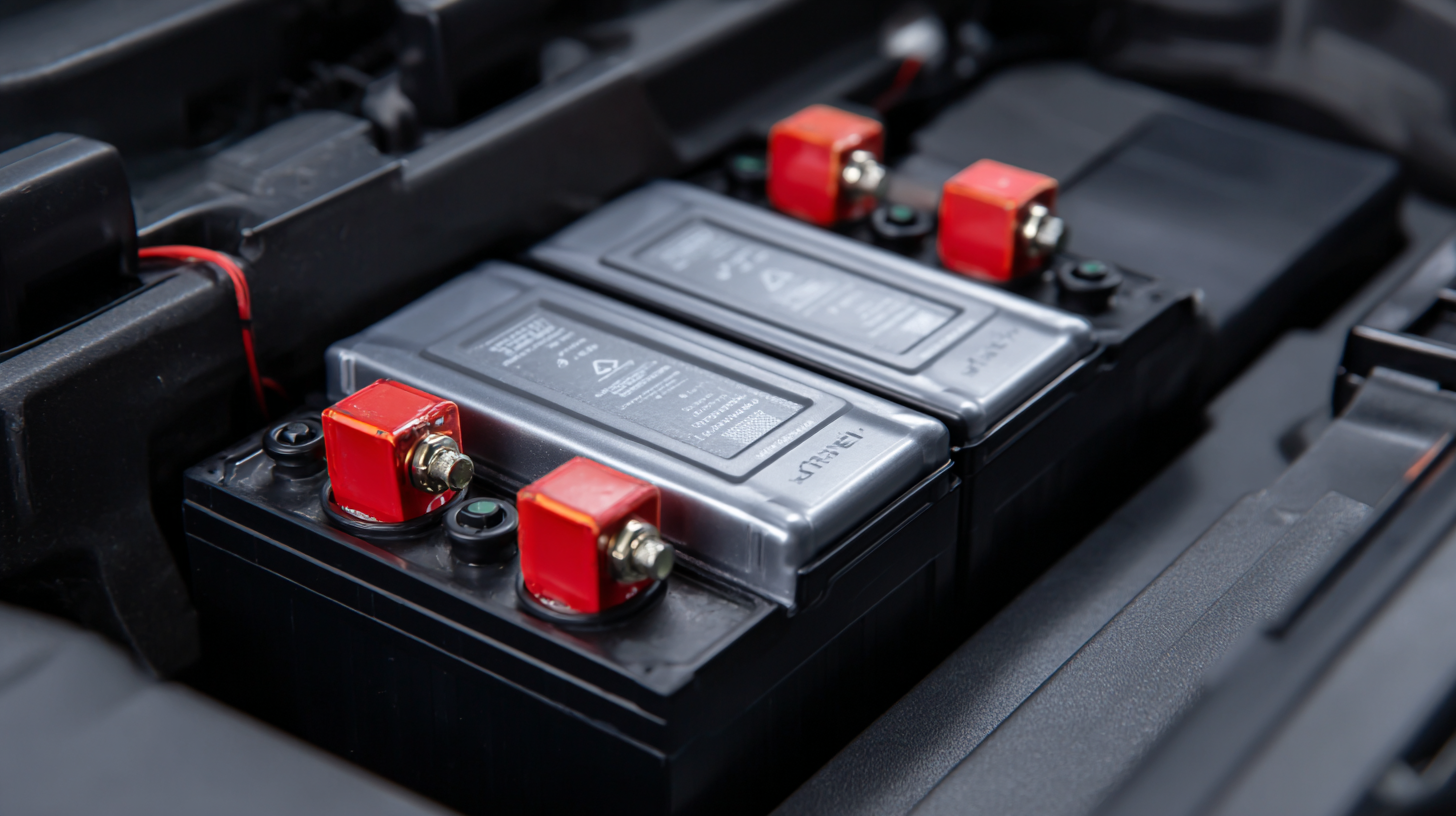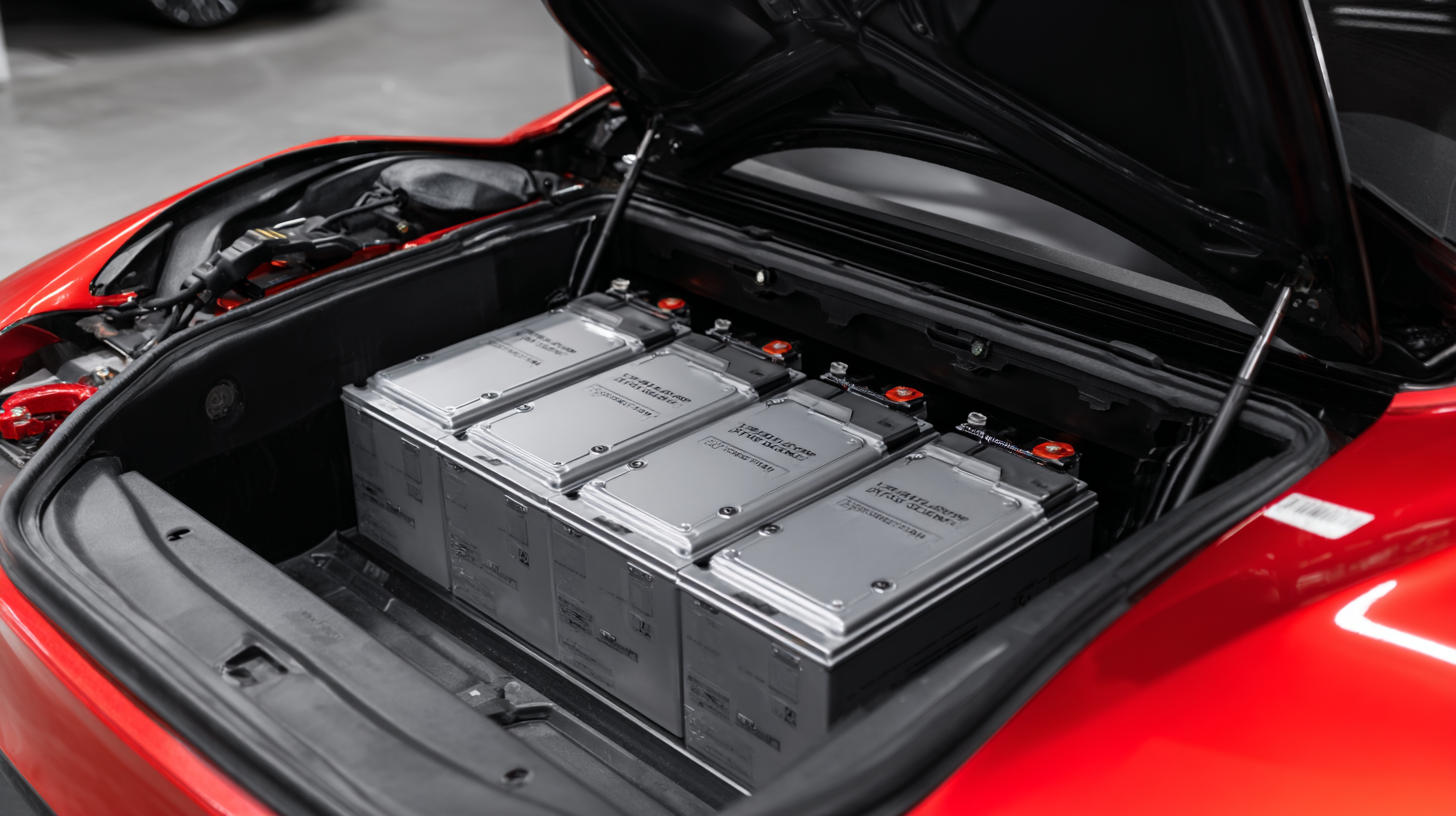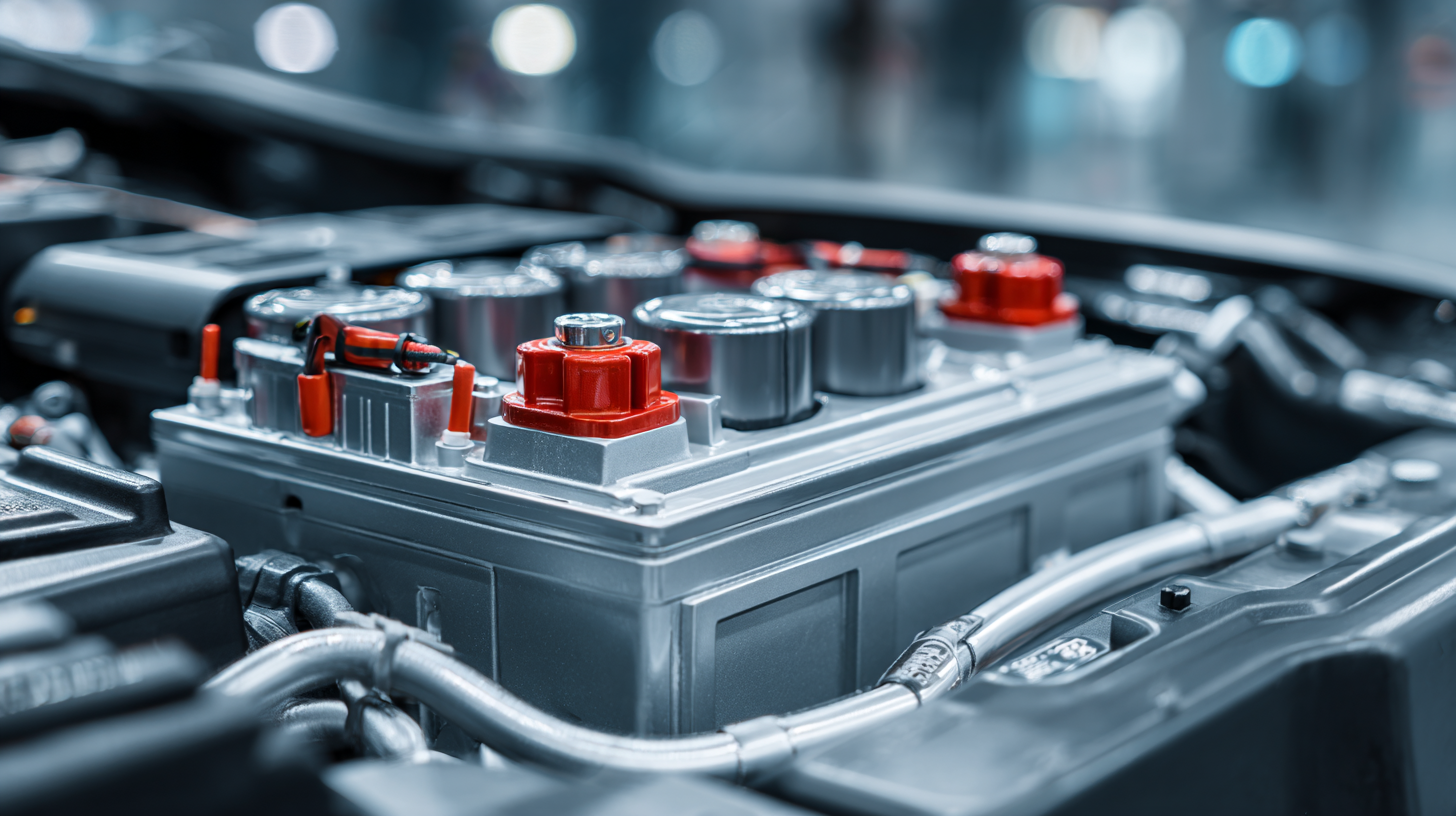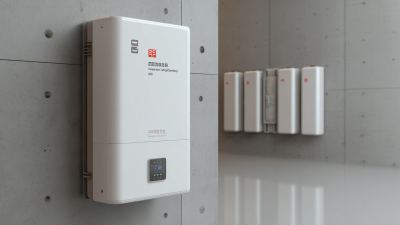Factory Tour
5 Essential Tips for Choosing the Right Automobile Start Lithium Battery That Boosts Performance
As the automotive industry increasingly shifts towards performance optimization and sustainability, the choice of an appropriate battery plays a crucial role in enhancing vehicle efficiency. Recent reports indicate that the market for Automobile Start Lithium Batteries is projected to grow significantly, with a compound annual growth rate (CAGR) of over 20% through the next few years. These advanced batteries offer superior power-to-weight ratios and faster charge times compared to traditional lead-acid options, making them an ideal choice for both everyday drivers and high-performance vehicles. However, with the plethora of options available, selecting the right Automobile Start Lithium Battery can be daunting. In this blog, we will explore five essential tips to guide you in making an informed choice that not only boosts your vehicle's performance but also contributes to its longevity and reliability.

Key Factors to Consider When Choosing a Lithium Battery for Your Vehicle
When selecting a lithium battery for your vehicle, several key factors can significantly affect performance and longevity. First and foremost, consider the battery's energy density, which measures how much energy the battery can store relative to its weight. According to a study by the International Energy Agency, lithium batteries typically have an energy density between 150 to 250 Wh/kg. Opting for a battery with a higher energy density will not only enhance your automobile's range but also improve its overall efficiency.

Another critical aspect is the discharge rate, which influences how quickly the battery can release energy. High-performance vehicles often require batteries that can deliver currents exceeding 100A without degradation. A report from the Battery University highlights that lithium batteries with a higher C-rate (the ratio of discharge current to battery capacity) provide better acceleration and responsiveness, crucial for performance-oriented drivers. Additionally, evaluating the battery management system (BMS) is vital, as a robust BMS ensures optimal performance by monitoring cell voltage, temperature, and state of charge, thus prolonging battery life and preventing failure.
Understanding the Benefits of Lithium Batteries Over Traditional Lead-Acid Options
Lithium batteries have gained prominence in the automotive industry, primarily due to their superior performance when compared to traditional lead-acid options. One of the most significant advantages of lithium batteries is their lightweight nature; they typically weigh up to 60% less than lead-acid batteries. This reduction in weight not only enhances vehicle performance but also improves fuel efficiency, allowing for longer trips without the need for constant recharging or replacement.
Another vital benefit of lithium batteries is their impressive lifespan. While lead-acid batteries usually last about 3-5 years, high-quality lithium batteries can last upwards of 10 years with proper care. This longevity translates to less frequent replacements, making them a cost-effective solution in the long run. Additionally, lithium batteries offer faster charging times and a higher energy density, which means they can store more energy in a smaller size. This efficiency is vital for modern automobiles that require quick energy bursts for acceleration and power-hungry accessories. As automotive technology continues to evolve, the shift towards lithium batteries seems inevitable for those seeking enhanced performance and reliability in their vehicles.
5 Essential Tips for Choosing the Right Automobile Start Lithium Battery That Boosts Performance - Understanding the Benefits of Lithium Batteries Over Traditional Lead-Acid Options
| Feature | Lithium Batteries | Lead-Acid Batteries |
|---|---|---|
| Weight | Approximately 30-50% lighter | Heavier and bulkier |
| Lifespan | Up to 10 years or more | 3-5 years |
| Charge Time | 1-2 hours | 8-12 hours |
| Temperature Resistance | Excellent, operates well in extreme conditions | Poor, performance drops in cold weather |
| Depth of Discharge | Up to 100% | Usually around 50% |
How to Assess Your Vehicle's Power Requirements Before Making a Purchase
When considering a lithium battery for your automobile, the first step is to assess your vehicle's power requirements effectively. Understanding how much power your vehicle needs will help you decide on the right battery that can boost performance without any compromise. Evaluate the electrical load of essential components like the starter, lights, and any aftermarket accessories you may have installed. This analysis will guide you toward selecting a battery with the capacity to handle your needs.
Another key tip is to consider the discharge rate of the battery. High-performance vehicles may require a battery that can deliver a significant burst of power quickly. Look for batteries that offer high cranking amps to ensure reliable starts, especially in cold weather. Additionally, pay attention to the battery's overall weight; lighter batteries can improve handling and acceleration, providing an edge in performance.
Lastly, keep in mind the battery's compatibility with your vehicle's system. Some lithium batteries are designed for specific applications, so it’s prudent to consult your vehicle's manual or a specialist. By ensuring compatibility, you enhance not just performance but also the longevity of the battery and your vehicle’s electrical system.
Tips for Evaluating Battery Quality and Brand Reputation
When selecting a lithium battery for your automobile, it’s crucial to evaluate both the battery’s quality and the reputation of the brand behind it. Start by researching the manufacturer’s history—long-standing brands often have a proven track record of reliability and performance. Look for customer reviews and testimonials that can provide insight into the real-world durability of their batteries.
Another tip is to check for certifications that indicate adherence to industry standards. Batteries that have undergone rigorous testing and meet the necessary certifications are generally more dependable. Additionally, consider warranties offered by the manufacturer, as longer warranties can reflect confidence in the battery’s longevity and performance.
Lastly, pay attention to the materials used in the battery. High-quality lithium batteries often utilize advanced cell technology that enhances efficiency and power output. By focusing on these elements, you can ensure that you are making an informed choice that will boost your vehicle's performance significantly.

Essential Installation Guidelines for Optimal Performance of Your Lithium Battery
When it comes to installing a lithium battery in your vehicle, following essential installation guidelines is crucial for achieving optimal performance. First, ensure that the battery is mounted securely in a location that allows for proper ventilation. Lithium batteries can generate heat during operation, and adequate airflow prevents overheating, which could lead to decreased efficiency or potential damage. Use appropriate battery trays and straps to develop a stable and safe setup.
Next, check your vehicle’s electrical system compatibility before proceeding with the installation. Lithium batteries typically require a specific type of battery management system (BMS) to function correctly. It’s essential to integrate a BMS that can handle the battery’s discharge and charge cycles efficiently while preventing overcharging and over-discharging. Properly connecting the battery to the vehicle’s electrical system ensures that the battery operates within its intended parameters, optimizing performance and longevity.
Finally, don’t overlook the importance of periodic maintenance checks post-installation. Regularly inspect the connections for corrosion or wear, and ensure the terminals are free from dirt and debris. Keeping your battery clean and well-connected will enhance its performance and lifespan, allowing you to enjoy the full benefits of your new lithium battery.
Related Posts
-

Understanding the Functions and Benefits of Household Energy Storage Batteries
-

How to Maximize Your Home Energy Efficiency with WallMounted Energy Storage Batteries
-

China's Premium Manufacturing: Partnering Globally for the Best Lifepo4 Energy Storage Solutions
-

Innovative Solutions for Wall-Mounted Energy Storage Batteries
-

7 Key Advantages of Lifepo4 Energy Storage Battery for Global Procurement Buyers
-

Unlocking the Advantages of 16s LFP Boat Battery for Modern Marine Applications







